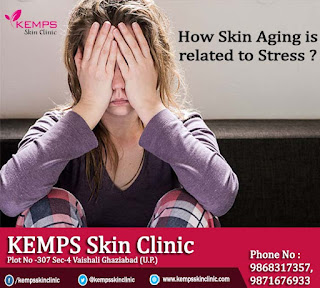Corona virus continues to spread around the world, prompting
governments to step up efforts to contain the spread of the disease it causes, officially
known as COVID-19.
More than 2.11 Lac people have died globally
from the disease, while more than 30.4 Lac infections
have been confirmed in dozens of countries, according to the World Health
Organization, which has now declared the outbreak a pandemic.
A Covid-19
is a kind of common virus that causes an infection in your nose,
sinuses, or upper throat. Most corona viruses aren't dangerous. COVID-19 is a
disease that can cause what doctors call a respiratory tract infection. It
can affect your upper respiratory tract (sinuses, nose, and throat)
or lower respiratory tract (windpipe and lungs).
How is the corona virus spreading?
The coronavirus - known as COVID-19 - spreads from person
to person in close proximity, similar to other respiratory illnesses, such as
the flu. Droplets of bodily fluids - such as saliva or mucus-from an
infected person are dispersed in the air or on surfaces by coughing or
sneezing. These droplets can come into direct contact with other people or can
infect those who pick them up by touching infected surfaces and then their
face. According to scientists, coughs and sneezes can travel several feet and
stay suspended in the air for up to 10 minutes.
It is not yet known how long the virus can survive outside a
host but, in other viruses, it ranges from a few hours to months.
Can people be immune to the Coronavirus?
Viruses that spread quickly usually come with lower
mortality rates and vice versa.Some level of immunity will naturally
develop over time, but this means that those with compromised immune systems,
such as the elderly or sick, are most at risk of becoming severely ill or dying
from the coronavirus.
Symptoms of COVID-19: The main symptoms include:
- Fever
- Coughing
- Shortness of breath
- Chills, sometimes with shaking
- Body aches
- Headache
- Sore throat
- Loss of smell or taste
The virus can lead to pneumonia, respiratory
failure, septic shock, and death. Many COVID-19 complications may be
caused by a condition known as cytokine release syndrome or a cytokine storm.
This is when an infection triggers your immune system to flood your bloodstream
with inflammatory proteins called cytokines. They can kill tissue and damage
your organs.
If you notice the following severe symptoms in yourself or a
loved one, get medical help right away:
- Trouble breathing or shortness of breath
- Ongoing chest pain or pressure
- New confusion
- Can’t wake up fully
- Bluish lips or face
If you’re infected, symptoms can show up in as few as 2 days
or as many as 14. It varies from person to person.
How to protect yourself to get infected by Corona virus
- Wash your hands. Often with soap and water or clean them with an alcohol-based sanitizer. This kills viruses on your hands.
- Practice social distancing. Because you can have and spread the virus without knowing it, you should stay home as much as possible. If you do have to go out, stay at least 6 feet away from others.
- Cover your nose and mouth in public. It is advised if you are going out to public place you must cover your face with mask.
- Don’t touch your face. Corona viruses can live on surfaces you touch for several hours. If they get on your hands and you touch your eyes, nose, or mouth, they can get into your body.
- Clean and disinfect. You can clean first with soap and water, but disinfect surfaces you touch often, like tables, doorknobs, light switches, toilets, faucets, and sinks. Use a mix of household bleach and water (1/3 cup bleach per gallon of water, or 4 teaspoons bleach per quart of water) or a household cleaner that’s approved to treat Coronavirus.
For any kind of Skin related issued during lockdown period you may contact at KEMPS SKIN Clinic by phone, we will provide you Online Consultation and assist you properly.






